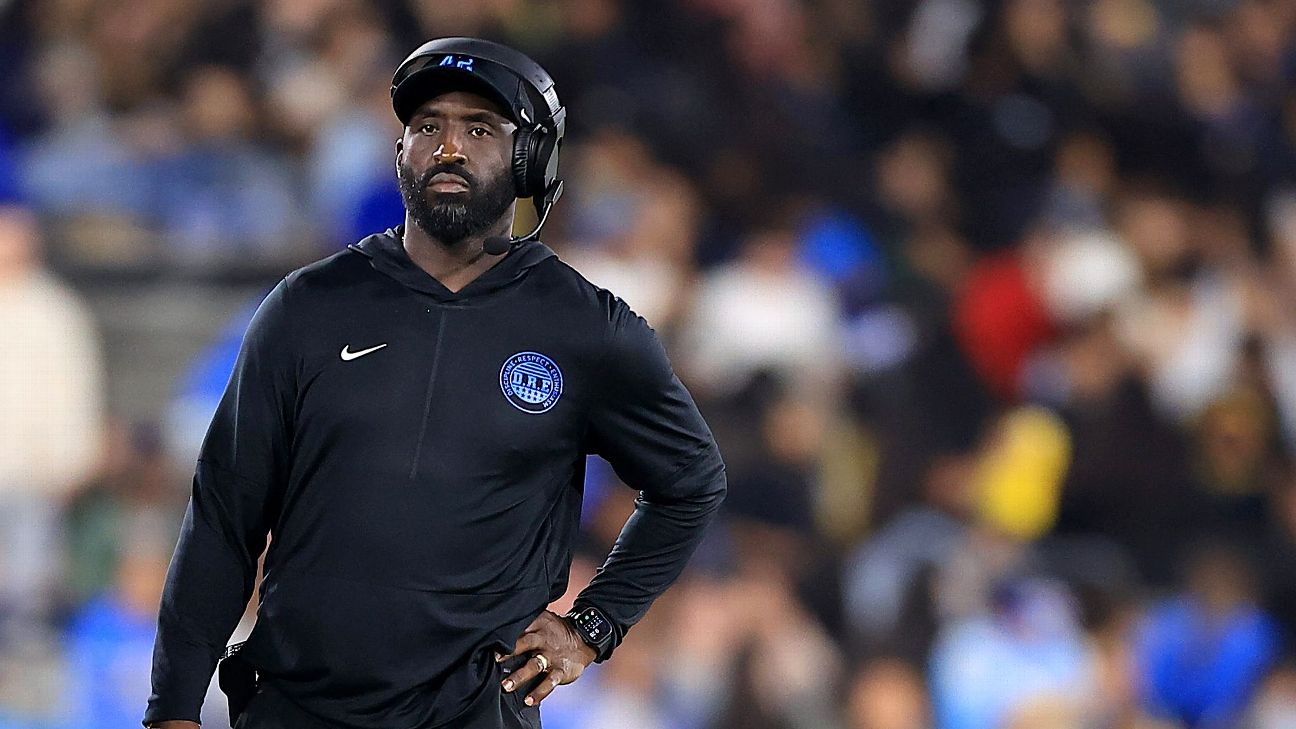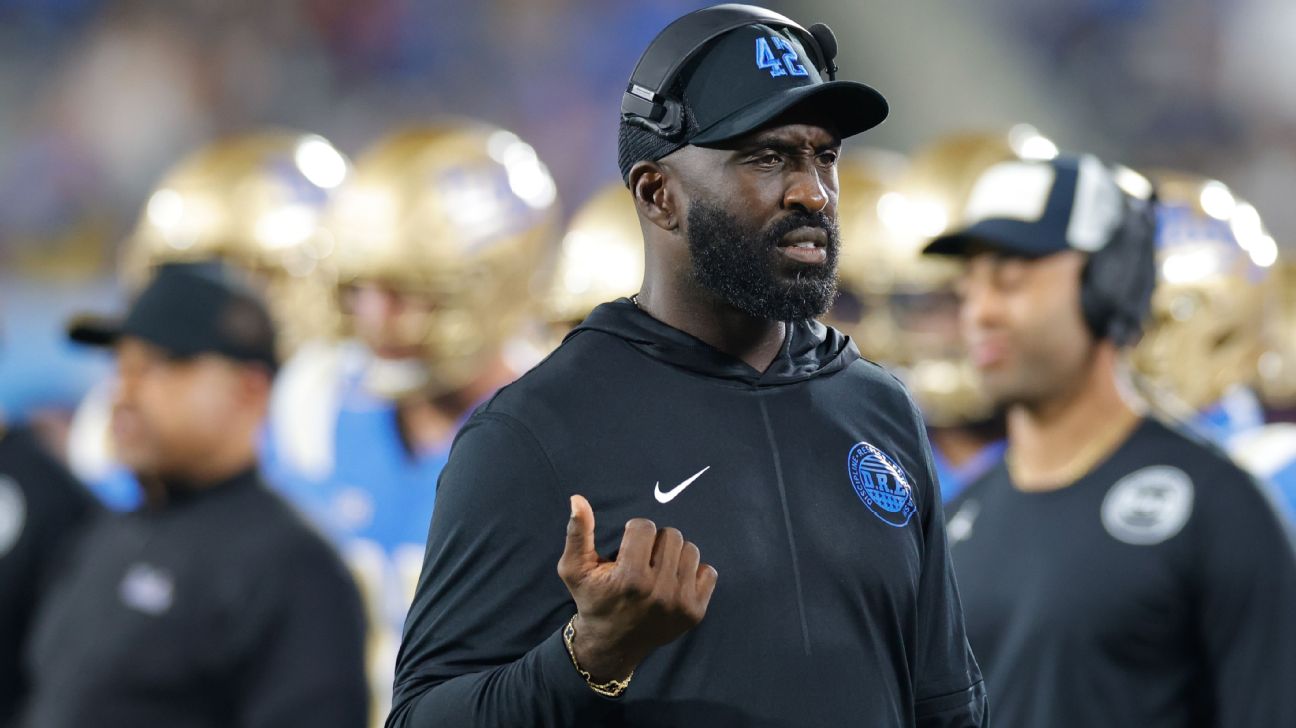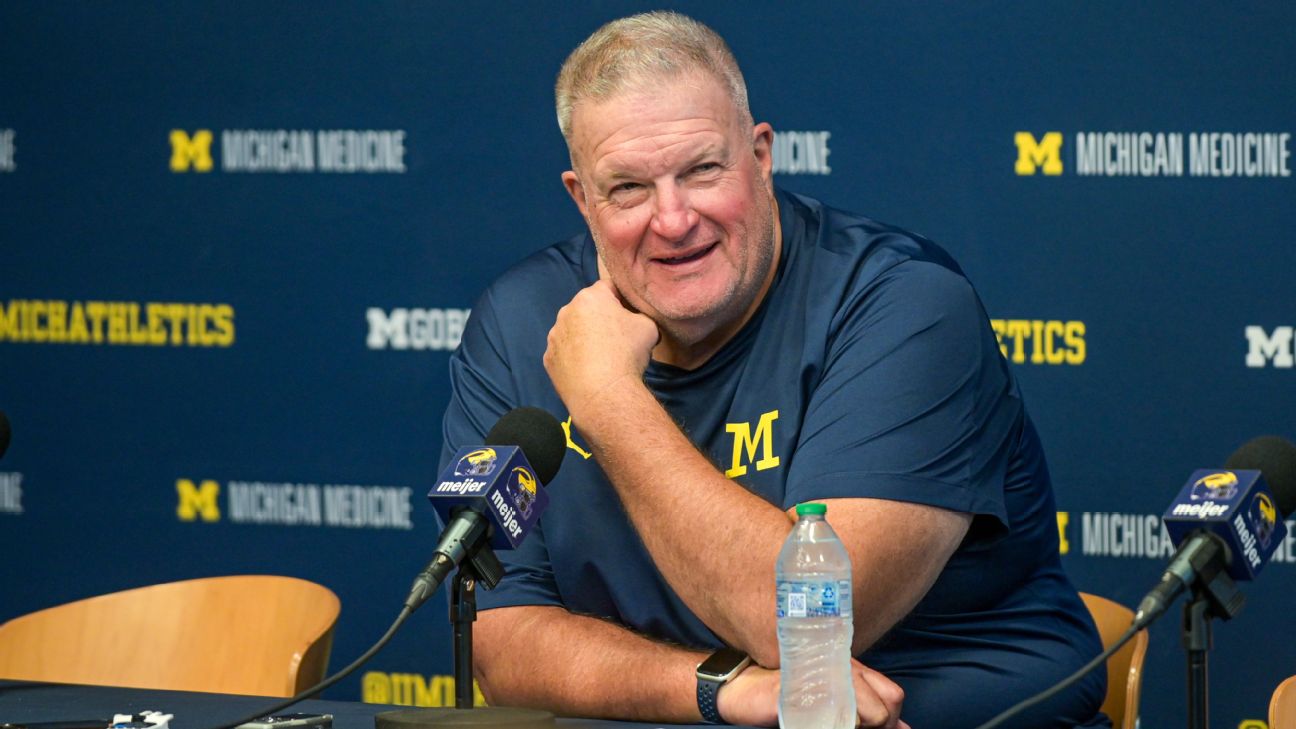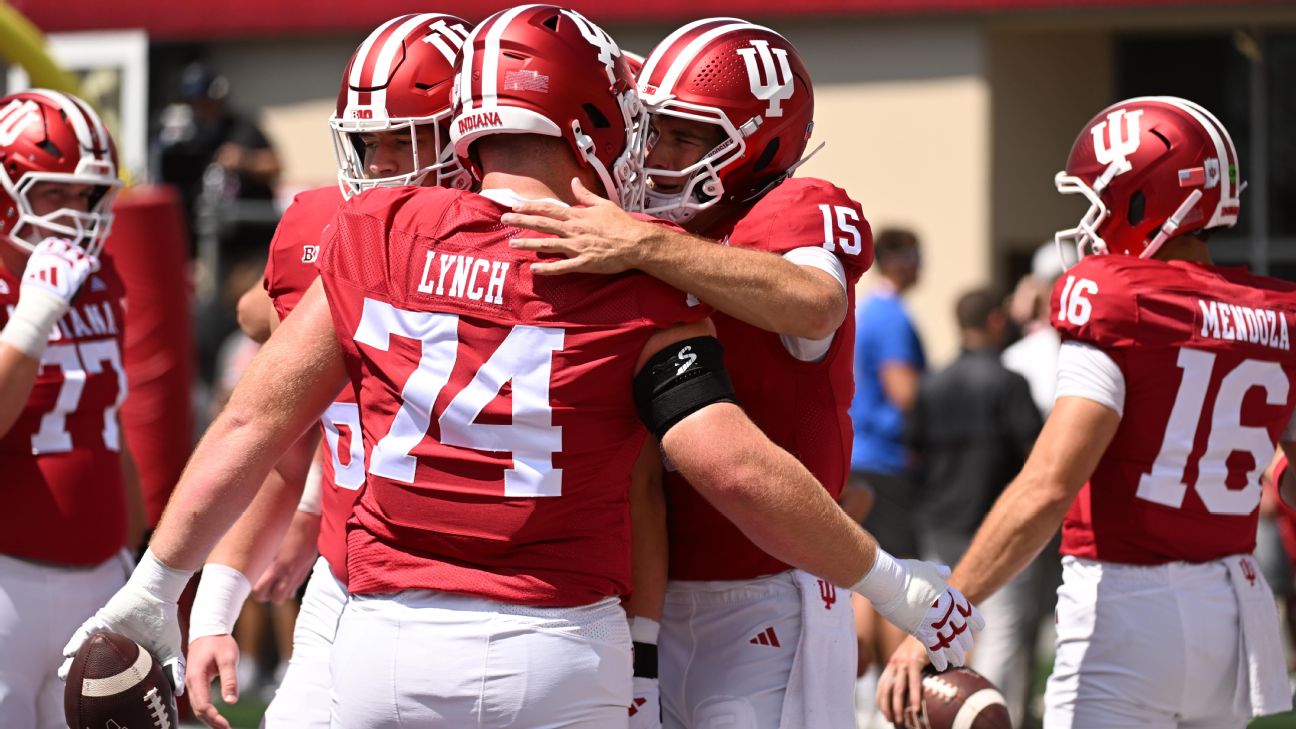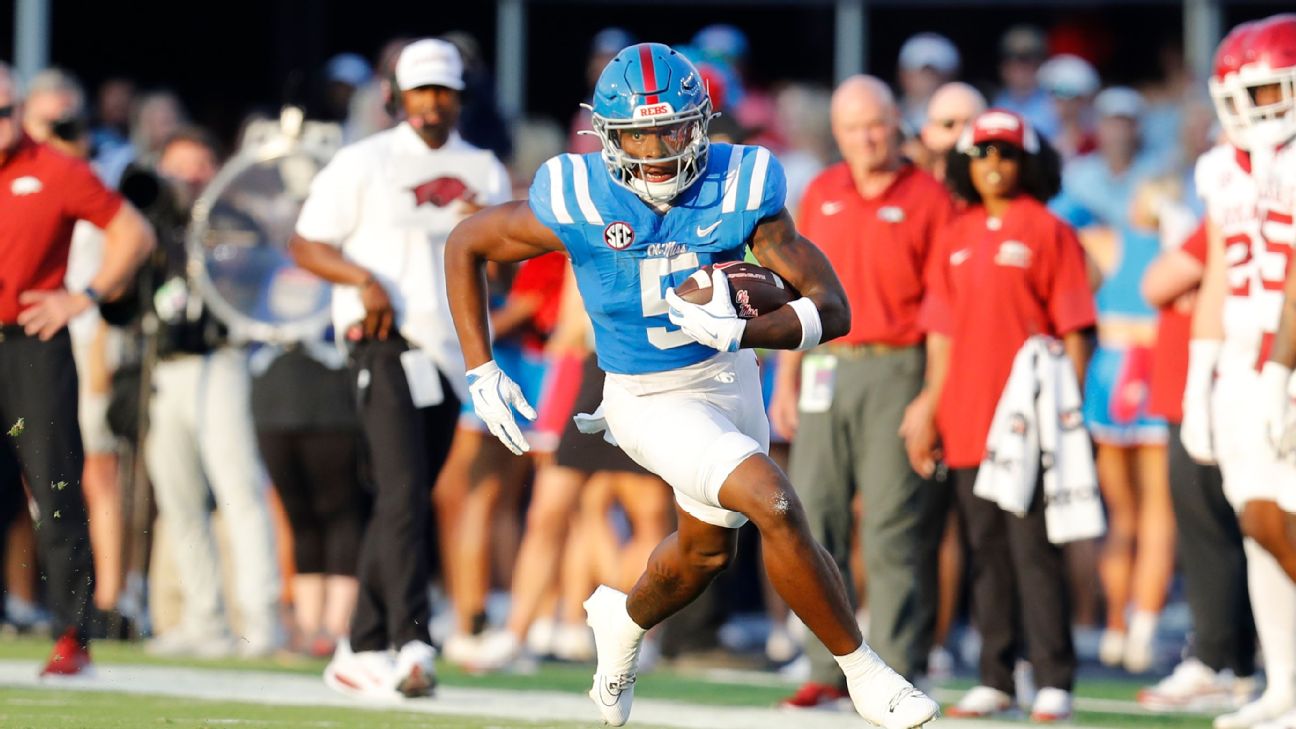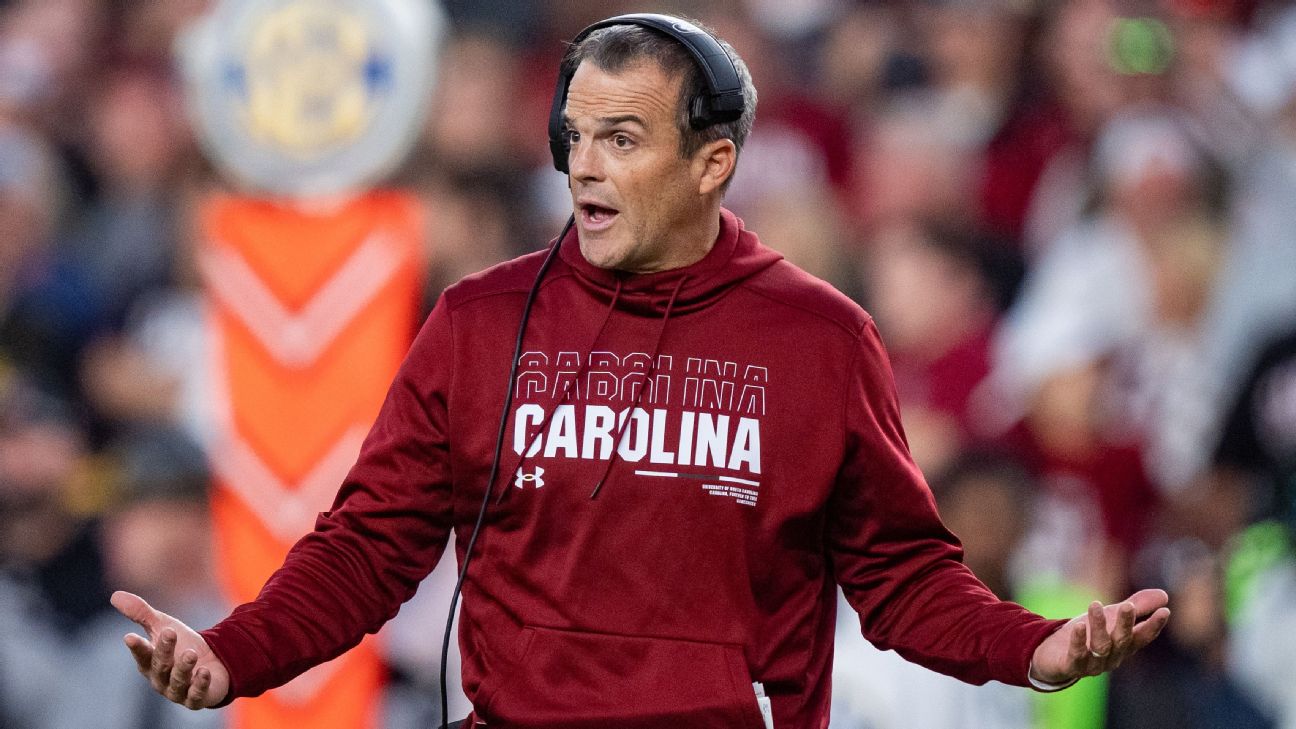Texas Tech's Game-Changing Recruit: Felix Ojo Sparks a New Era in College Football
Texas Tech's signing of Felix Ojo marks a pivotal shift in college football recruiting, showcasing the impact of revenue-sharing deals.

Last week, the college football world witnessed a seismic shift when Felix Ojo, a five-star offensive lineman from Mansfield, Texas, announced his commitment to Texas Tech. This decision came just days after college athletic programs gained the ability to directly share revenue with their athletes. Ojo, who had offers from powerhouse programs like Ohio State, Texas, Michigan, Alabama, and Georgia, chose Texas Tech, largely due to a lucrative revenue-share deal. A Texas Tech source revealed that the deal is worth at least $2.3 million over three years, while Ojo's agent claims it guarantees him at least $5.1 million.
This signing is a significant moment in college football recruiting. Players like Ojo, who stands at 6-foot-7 and weighs 285 pounds, typically gravitate towards elite programs. Texas Tech, traditionally not in that category, is now making waves by leveraging financial incentives to overcome inherent challenges such as its remote location in Lubbock, West Texas, and the lack of a national title tradition.
The implications of this move extend beyond Texas Tech. It signals a broader trend in college football where the playing field is gradually leveling. Other programs are also benefiting from this shift. For instance, Zion Elee, the nation's No. 2 overall recruit, is staying home at Maryland. Keisean Henderson, a top-ranked quarterback, is committed to Houston, and Calvin Russell, a highly-touted wide receiver, is pledged to Syracuse. Even Ryder Lyons, a top quarterback, is heading to BYU, influenced by his Mormon faith.
This trend is a continuation of the unregulated Name, Image, and Likeness (NIL) era, which has seen talent disperse more evenly across programs. Andy Schwarz, an economist specializing in college athletics, notes that while traditional powerhouses like Alabama and Ohio State will still attract top talent, the gap is narrowing. Schools now have the flexibility to allocate up to $20.5 million to their athletes in any manner they see fit, allowing them to prioritize specific recruits and outbid the competition.
While recruiting remains an inexact science, the ability to directly compensate players is changing the dynamics. Schools are shifting from passive spending on facilities and staff to actively investing in players. This shift makes amenities like locker room waterfalls or Heisman Trophy displays less critical in attracting talent.
Texas Tech's success in landing Ojo is a testament to this new era. It may not immediately elevate the Red Raiders to championship contention, but it does reduce the number of elite players flocking to traditional powerhouses. From 2018 to 2025, Alabama and Georgia dominated recruiting, but now, even they are dipping deeper into the high school rankings, signing more three-star players.
The NCAA's fears about the ruination of competitive balance seem unfounded. Instead, the landscape is evolving in a way that offers more opportunities for a broader range of programs. Texas Tech's acquisition of Felix Ojo is a win not just for the Red Raiders but for college football as a whole.












